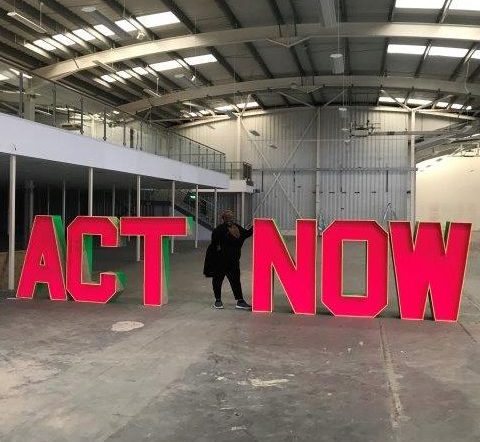STEP 1: BUILD YOUR TEAM
1.1 Form a collective, find your friends! Gather 6-8+ people from those you know in your community, who share the same goals, and are ready to ACT NOW! This will be the organising group who are up for the mission to create a Climate Emergency Centre. A strong and creative organising group needs a diversity of experience and networks (such as gender, culture, age, education). Think about these when forming your organising group. People involved in Transition Towns, Friends of the Earth, local Environmental/ community / elders / youth groups and local Mutual Aid groups will have connections, experience and a desire to build.
1.2 To guide you, read through the principles and values in Appendix A of this handbook and consider whether the group would agree with them. We ask individual CECs to follow them, but every group is different and may want to discuss and add to this list.
1.3. Set up an initial meeting with your team to discuss your next steps – sit in a circle so that everyone is facing each other and everyone is equal. Make sure that everyone there has time to share what they want to bring by checking, before ending the meeting, that each person feels they have had a chance to share what they wanted. Make sure to allow fun and humour in the meeting, so people can relax and are more able to contribute, and CECs should be fun!
1.4. Make a regular meeting day and way to communicate outside meetings such as a chat group so you can all feed into the weekly agenda and keep in touch/ share info. Set up a project organising system, such as Trello, Basecamp, G Docs folder, Slack or Loomio for discussions. Whichever one you choose, ensure the whole team is shown how to use it. Blackboards and whiteboards can be useful for the old school crew !
1.5 Brainstorm, create a group Vision:
Visioning is a helpful process to build team coherence and an agreed way forward that can form the basis of creating your project brief. The PECH structure is a simple way to do this. Here’s a guidance doc on how to run the session- CEC PECH visioning guidance
Discuss and create a simple one-page A4 project brief outline – see Appendix B for ideas. This project outline can help you create your first leaflet and longer project proposal, that can help with funding applications or expand into a longer project plan. The project brief needs to be discussed, agreed and designed early, so that you can all be on the same page.
1.6 Split into working groups / sub-teams that focus on:
- Outreach– contacting local groups who may be interested in working with you, or supporting the CEC, and engaging with local community- let them know who you are and what you are planning
- Building finders /scout team – identifying vacant properties, and/or commercial estate agents who are up for helping, and accessing Council-held info on vacant commercial property ( they will have a list) try the estates manager or property manager.
- Council relations– connecting and building relationships with key people on the Council who can help or support your project. Also, research your local community’s needs and your local Council’s priorities/ borough plans. If your local and/ or Borough Council has declared a Climate Emergency it will have a plan that it wants to deliver on and your CEC will provide them with a route to deliver on some of this.
- Setting up as a legal entity– deciding which is the best way forward for your group, and making this happen. There is more information about this in Step 10.1 (Business Model), including the Community Land Trust Network or The Do-ocracy Handbook http://reconomy.org/do-ocracy-handbook/ which provide advice/ support to community organisations to do this.
Do speak to your Council to identify which legal entities they feel more comfortable to work with, and consider discretionary business rates reductions for, this will help your decision-making. We advise teams to look at setting up a ‘not for profit company’ or a Community interest Company (CIC) which can be set up within a few days with standard articles of association. CICs can then transition to becoming a ( Charity) CIO with the help of the charity commission (Insert guide short guide to CIC set up here) Many teams are looking at setting up a CIO (charity) in order to gain the automatic 80% BusinessRates reduction, and the Guildford CEC team has put together a helpful guidance doc for other teams https://docs.google.com/document/d/1rhSlS3vXftLKaVELVirtlqw6_qRTgJkVLhyQFOUOQRA/edit?usp=sharing



